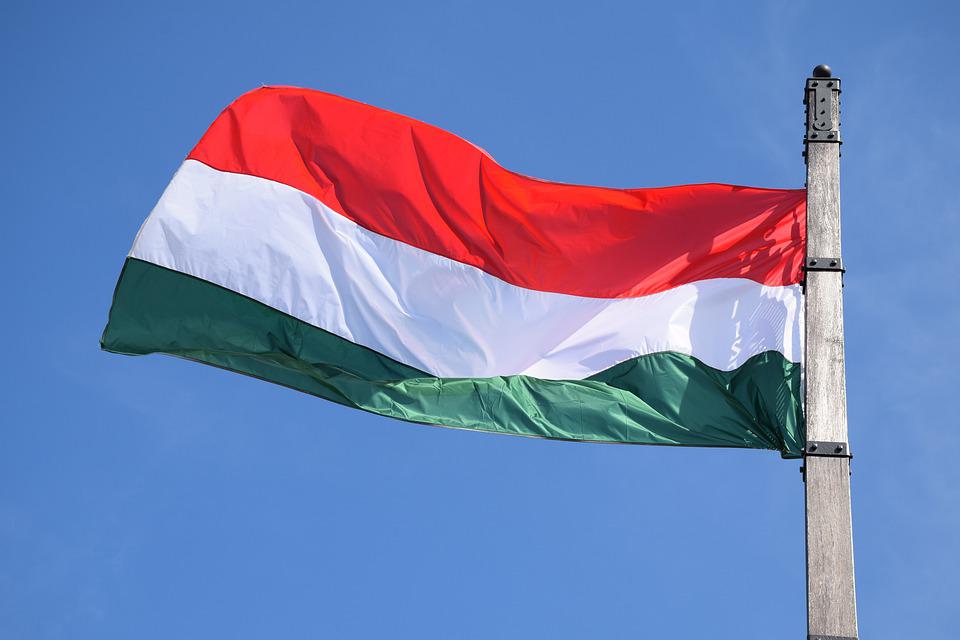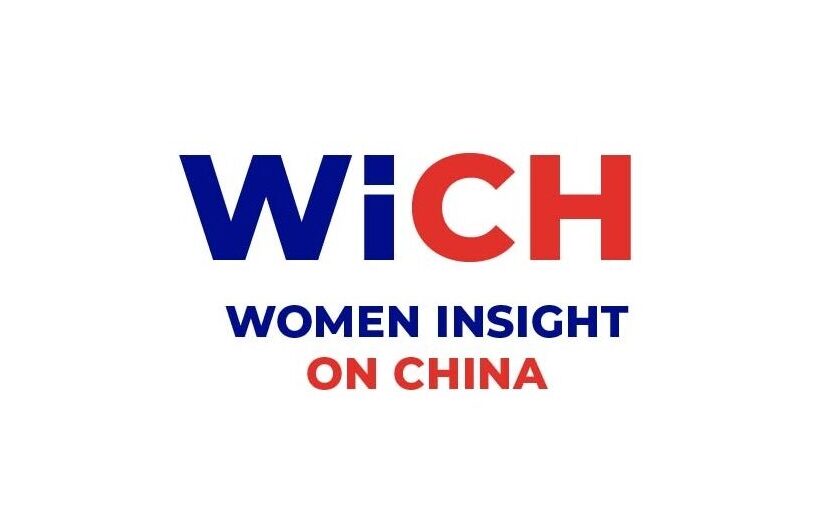Hungary: Remaining ‘objective’
The Hungarian government has been following a pro-China policy since 2010. As a result the Chinese-Hungarian relations are exceptionally good. Consequently, when it comes to Chinese soft power tools such as spreading information via various online and offline channels, China is certainly not among the most active players in Hungary. The explanation is simple: there is not much left to do since the environment, including the state, public actors as well as major media outlets (majority of them owned directly or indirectly by the Hungarian state) are all supportive of China. Indeed, China is reaching out to the Hungarian audience with mainly neutral China-related news about natural beauty spots, sport successes and cultural highlights, while Hungary-specific narratives are almost totally missing from the agenda.
When it comes to China shaping the Hungarian public discourse, sources to watch are the Chinese Embassy in Hungary and the Hungarian version of China Radio International (CRI Hungary). Both the embassy and CRI Hungary operate websites and social media channels. The embassy joined Facebook and Twitter relatively late, in October 2019.
In the context of Russian invasion in Ukraine, the embassy’s website shows practically no content. New posts are typically of administrative nature, such as notices on opening time of the consular section, or information on the requirements for COVID-19 testing before traveling to China. Similarly, Qi Dayu, the Ambassador to Hungary, has not been very visible lately and the embassy seems to keep a rather low profile. However, China’s position is quite clear. At the end of 2021, the ambassador published an op-ed in a pro-government Hungarian daily on the right of all peoples to democracy. The piece stated “democracy is not Coca-Cola, so that syrup produced in the United States can be blended with the same flavor all over the world.”
The embassy’s Facebook page offers a little more, yet not much more. Posts include neutral news on China, most of them being translations of centrally produced news, with a very little content directly related to Hungary (e.g. President Xi’s visits all over China, successes of the Winter Olympics and cherry trees in bloom). On February 24, 2022, when Russia invaded Ukraine there was no activity on the page at all. The first Ukraine-related post was published on March 7, reporting on Chinese Foreign Minister Wang Yi’s phone conversation with Péter Szijjártó, the Foreign Minister of Hungary, on the safety of Chinese citizens in Ukraine and Hungary’s much appreciated contribution to ensure their smooth evacuation. Further posts did not deal with the events of the war either. Even if posts mentioned Ukraine, those were mainly Backing Russia on Ukraine: China’s messaging in Central and Eastern Europe related to humanitarian aid that China has been providing and the Chinese support for the peace process.
CRI Hungary is very active in showing political and security developments all over the world. An average of 20-25 news items are posted on the website on a daily basis, most of them being shorter posts, almost all of which are also posted on CRI Hungary Facebook page. CRI Hungary has been very active not only in terms of the amount of news, but also in terms of the content related to the war in Ukraine. However, most of these posts were not necessarily about the war itself but about Chinese (and Russian) stances as regards the conflict.
Already in late January and early February 2022, there were a few short pieces on how the Chinese and Russian leadership saw bilateral cooperation and on Putin’s opposition to Ukraine’s NATO membership. The first – but short – post on February 24 was about Putin to launch military operation in Donbas, emphasizing that Putin stressed he was not launching an attack against Ukraine but the aim was “to resolve the Ukrainian issue.” During the following days, most of the posted news were about the crisis in Ukraine, with the occasional appearance of other topics, such as the Winter Olympics. From the end of March and the beginning of April 2022 onwards, the proportion of posts dealing with the war on Ukraine dropped, giving way again to more neutral topics.
CRI Hungary tried to present itself as an objective source of information since it avoided expressing opinions directly, but eventually it did express them indirectly, by using RT’s (formerly Russia Today) articles, sometimes even quoting President Vladimir Putin and not referring to other, more critical sources. Consequently, CRI Hungary’s posts filtered information heavily (for example, they reported on humanitarian corridors, but not on the fact that there is no real way out through them) and provided unbalanced content on issues such as the Bucha massacre. The portrayal of the US as the supreme evil has been a central element (and not only in the context of the situation in Ukraine). The most bizarre moment was when, in one – relatively longer – post, CRI Hungary compared the United States to Voldemort, who breaks the international order by supporting Ukraine to join NATO.


